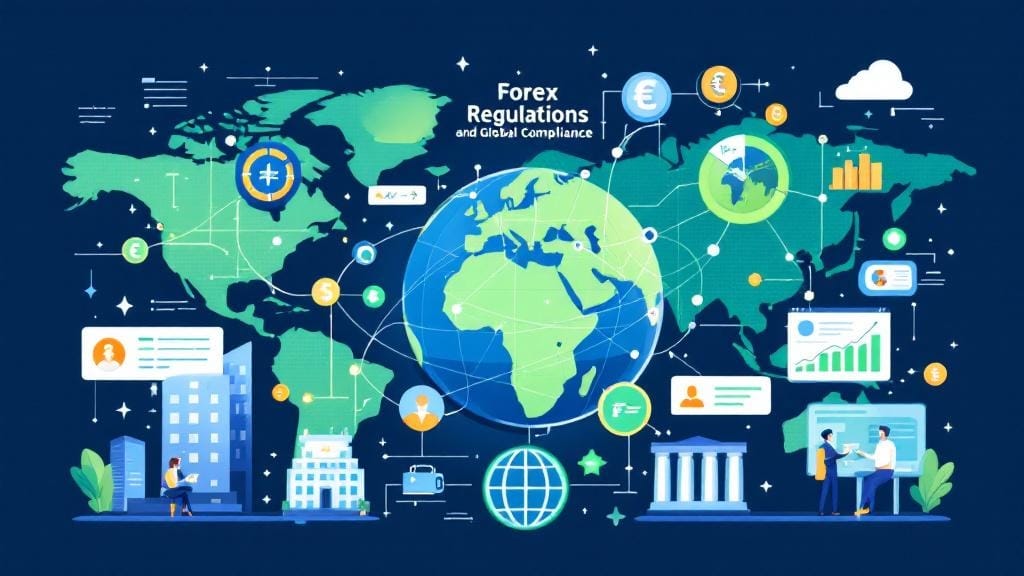Are you trying to fix your credit score while drowning in debt? You’re not alone. Many people struggle to rebuild their credit while juggling loan payments, credit card bills, and past-due accounts. The good news? Credit score improvement debt help is absolutely possible—with the right strategy, tools, and mindset.
In this guide, you’ll learn how to improve your credit score even when you’re in debt. We’ll walk you through real-life strategies, expert-backed tips, and the best credit rebuilding programs. Whether you’re facing collections or simply have a high credit card balance, there’s a path forward.
🧠 Understanding the Link Between Debt and Credit Score
Before diving into solutions, let’s break down how debt affects your credit.
📉 How Debt Can Hurt Your Credit
Your credit score is calculated based on several factors, including:
-
Payment history (35%) – Are you making payments on time?
-
Credit utilization (30%) – How much of your available credit are you using?
-
Length of credit history (15%) – How long have your accounts been active?
-
Credit mix (10%) – Do you have a healthy mix of loans and credit cards?
-
New credit inquiries (10%) – Have you applied for a lot of new credit recently?
High debt can negatively impact most of these. For instance:
-
Maxing out credit cards raises your credit utilization
-
Missing payments hurts your payment history
-
Taking out multiple loans can lead to frequent credit checks
📈 The Good News? You Can Improve Your Credit While Paying Off Debt
Many people believe they need to be debt-free before fixing their credit, but that’s a myth. In fact, debt relief and credit score recovery can go hand in hand.
Let’s dive into actionable strategies you can use today.
✅ Step-by-Step Guide to Credit Score Improvement with Debt Help
1. 📝 Review Your Credit Report for Errors
Start by pulling your credit reports from all three major credit bureaus (Equifax, TransUnion, Experian). Look for:
-
Incorrect account balances
-
Old accounts that should’ve been removed
-
Duplicate entries
-
Credit report errors or unauthorized hard inquiries
👉 Pro Tip: Use a credit bureau dispute process to fix mistakes. This alone can give your FICO score a boost.
2. 💳 Lower Your Credit Utilization Ratio
This is one of the fastest ways to raise your score. If your credit cards are maxed out, try to:
-
Pay down high-interest accounts first
-
Ask for a credit limit increase (but avoid spending more)
-
Use a secured credit card if you’re rebuilding from scratch
Aim for credit utilization below 30%, ideally under 10%.
3. 🤝 Enroll in a Credit Counseling or Debt Management Program
Credit counseling for bad credit helps you understand your finances and create a realistic plan. Many non-profit agencies offer:
-
Budgeting assistance
-
Debt consolidation options
-
Negotiation with creditors for lower interest
A debt management and credit improvement plan allows you to make one monthly payment, reducing missed payments and late fees—both critical for improving your credit.
4. 🧹 Address Collections and Past-Due Accounts
If you have collection accounts, consider:
-
Negotiating a pay-for-delete agreement
-
Settling for less and ensuring the account is marked as “paid”
-
Working with a credit repair agency if you’re overwhelmed
Some accounts may be removed early from your report, especially under collection accounts removal rules.
5. 🔁 Rebuild Credit Using New Tools
Once your debts are under control, start rebuilding. Options include:
-
Secured credit cards (use responsibly and pay off in full)
-
Credit builder loans through community banks or fintech apps
-
Becoming an authorized user on someone else’s account with good history
These tools slowly repair your credit history, show responsible usage, and increase your credit mix.
💼 Professional Help: Is It Worth It?
Sometimes, DIY isn’t enough. Here’s when professional help makes sense.
⚖️ When to Consider Credit Score Repair Services
-
You have multiple disputed accounts
-
You’re unsure how to communicate with creditors or bureaus
-
You’ve been denied for major loans despite making payments
Credit score repair services can handle the heavy lifting and may include:
-
Filing disputes
-
Negotiating deletions
-
Providing structured plans
Look for reputable firms with transparent pricing and a money-back guarantee.
💡 Real-Life Example: Lisa’s Journey from 520 to 680
Lisa, a single mom with $15,000 in credit card debt, thought there was no way out. She worked with a credit counseling agency, consolidated her debt into one payment, and started using a secured credit card.
Within 18 months:
-
Her utilization dropped from 85% to 25%
-
She paid off 2 collection accounts
-
Her score went from 520 to 680
Lisa’s story shows how help with credit score and debt can turn things around—even when you feel stuck.
📊 Best Ways to Improve Credit with Debt: Summary
| Strategy | Why It Works |
|---|---|
| Dispute credit report errors | Removes negative info that drags score down |
| Lower utilization | Boosts score by using less of your credit |
| Join credit counseling or DMP | Helps you pay consistently and rebuild trust |
| Remove or settle collections | Stops further score damage and clears your report |
| Use secured cards or credit builder | Re-establishes positive payment history |
🙋♀️ FAQs About Credit Score Improvement Debt Help
1. Can I fix bad credit while still in debt?
Yes! You can start improving your credit by making on-time payments, lowering utilization, and fixing errors—even before your debt is fully paid.
2. What’s the fastest way to raise my credit score?
Lowering your credit utilization and correcting credit report errors can give you a quick boost, sometimes in as little as 30 days.
3. Do debt relief programs hurt your credit score?
Not always. Programs like credit counseling or debt management may cause a temporary dip but can significantly improve your score over time.
4. How does my debt-to-income ratio affect my credit?
While it doesn’t directly impact your FICO score, a high debt-to-income ratio can hurt your loan approval chances and indicate financial stress.
5. Are secured credit cards good for rebuilding credit?
Absolutely. As long as you use them responsibly and pay off balances monthly, they’re a solid way to rebuild your credit profile.
6. Should I use a credit repair agency?
Only if you’re dealing with complex issues like credit bureau disputes or need help removing collection accounts. Always check reviews and avoid scams.
7. Can removing collections help improve my score?
Yes. Once paid or removed, collections no longer impact your score as heavily, especially newer credit scoring models like FICO 9.
🏁 Final Thoughts: Take Control of Your Credit Today
Improving your credit doesn’t mean waiting until you’re debt-free. With the right mix of credit score improvement debt help, strategic planning, and consistency, you can rebuild your credit even while managing debt.
Remember:
-
Check your reports regularly
-
Keep your credit usage low
-
Don’t ignore collections
-
Seek professional help if you’re overwhelmed
Start small. Be consistent. Your better credit future is within reach.








Comments (0)